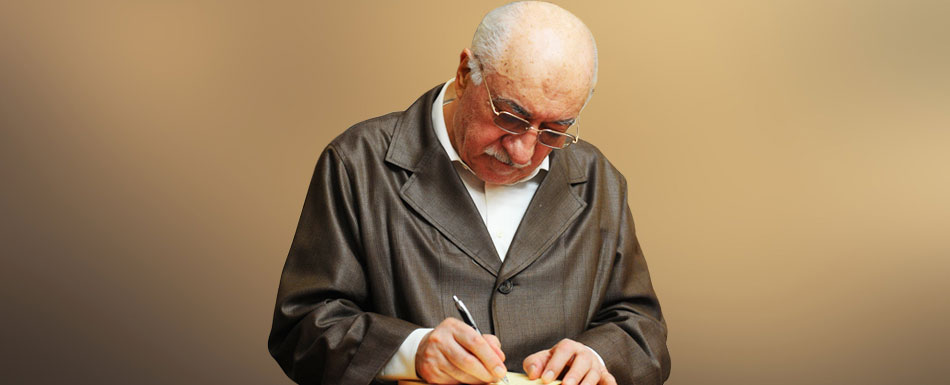Which social groups did the Gülen Movement appeal to at the beginning? Today which social groups does he see in the movement?

At the beginning, it was addressing totally the religious, pious groups, the mosque-goers. As for the place it has arrived now, it is addressing all people without distinction of race, language, and religion.[1]
This answer deserves reflection. How is it that a service which started by taking the basic teachings of Islam to the Muslims, and especially to the countryside or the more modest dwellers of the quarters of the cities, has acquired an international status? There are two answers. First, Muslims found in the teachings of Fethullah Gülen the interpretations which would equip them to cope with new situations and newly arising problems, without losing their fidelity to their faith. Second, the Gülen Movement began to meet the need for peaceful coexistence.
It is possible to manage these differences through cooperation, which can be obtained through reconciliation, tolerance and coming to an agreement and understanding. In brief, it is cooperation obtained through common values. But if this difficult task cannot be achieved, societies and faith-culture groups will experience a constant doubt, exclusion, and a tension. The Gülen Movement, in order to minimize these tensions, offers a universal “partnership for living,” which meets the common needs by deriving common values to reconcile differences.
As time passes and this message and these efforts become more prominent, people from different cultural and religious backgrounds will take their places in the proposed partnership.
Since no system of faith or religion can be reduced to another, the common precepts or principles, as well as common human values inherent in all cultures, can be synthesized to achieve common cultural human values.
This understanding is a composition counseled by Fethullah Gülen. He begins with Islam, but at the same time he is a pluralist. This situation can be likened to rivers flowing into the same ocean. As all the rivers flowing into the same ocean, they feed that ocean, and in turn, the ocean unites all the rivers in its essence, producing a common pool. The general and the particular, the part and the whole, demonstrate unity.
It can be said that Fethullah Gülen is defending a teaching which tries to reach the whole, the universal, by starting a journey from the local or the part. Otherwise, the acceptance and approval of the Gülen schools and universities in so many diverse countries, the attendance of the children of the elite in these schools, and their positive response to the call of the movement for a “universal shared living,” would not have been possible.
[1] Doğu Ergil’s interview with Gülen.
- Created on .